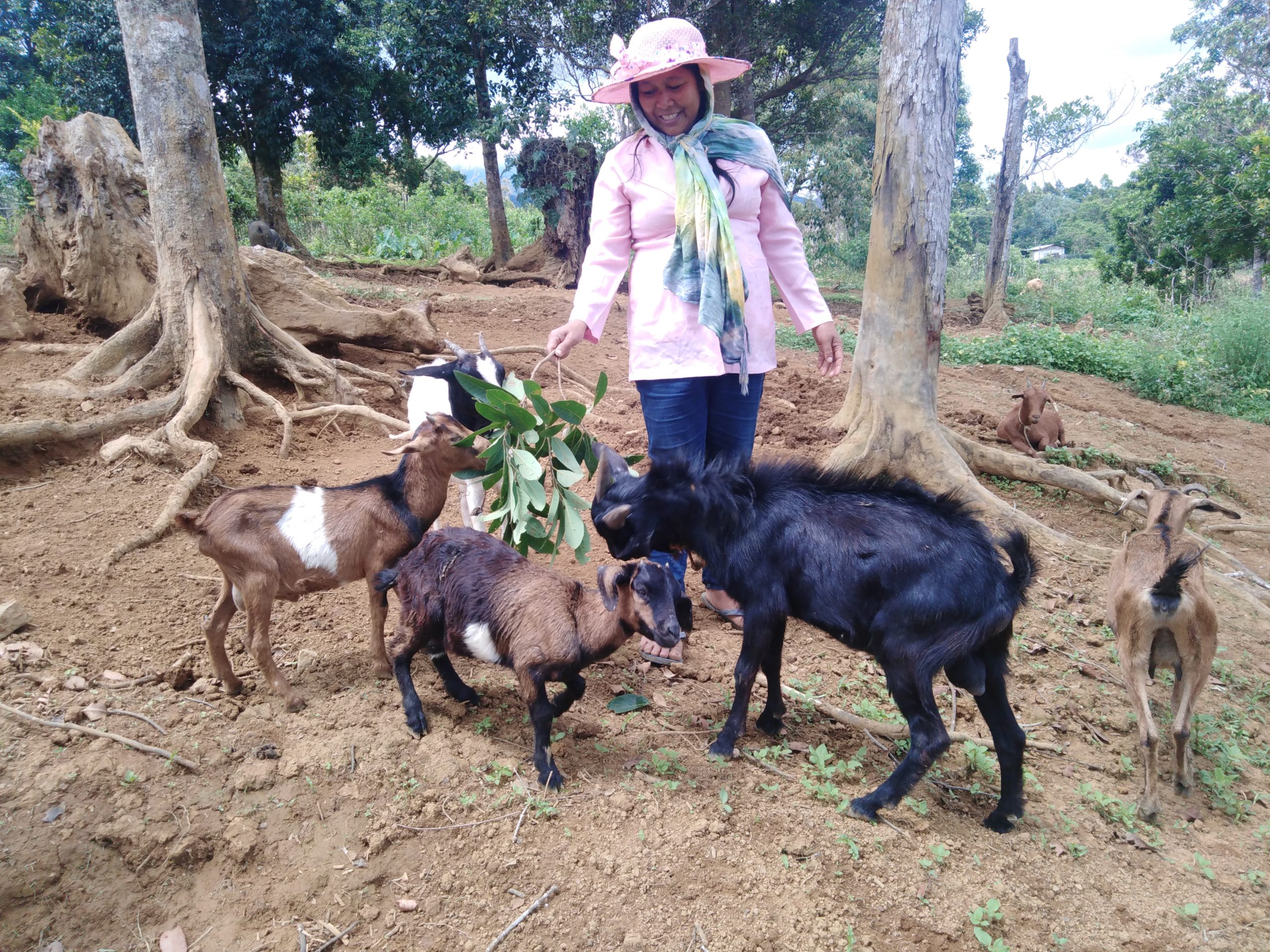WV is still Q Fever Free
Posted by: RAFIS DA6 | Posted at: June 24, 2024

Western Visayas has no reported cases of Q fever which affects domestic ruminants and could cause public health importance as it affects humans as of this time.
The Department of Agriculture-Western Visayas is now strengthening its animal border protocols and in close coordination with the local government units and personnel of the Bureau of Animal Industry (BAI) to make sure that the ruminants’ industry is protected. We are encouraging all stakeholders to be vigilant and practice strict biosecurity measures in their respective farms, report any unusual death or abortions that may occur to their animals to their respective provincial/ city veterinary offices or municipal agriculture offices for proper assessment, diagnosis and control.
DA-WV Regional Animal Diseases Diagnostic Laboratory (RADDL) is ready to accept samples to diagnose animal diseases including parasitism such as haemonchosis and fascioliasis; Caprine Arthritis Encephalitis (CAE); Pneumonia usually due to weather changes; and Diarrhea and bloat due to food intake of animal.
The Department is in full alert and ready to do all necessary measures to maintain our status as Q fever free region. Region 6 contributed 9.66% or ranked 4th to the national inventory of goat with 376,312 heads. For the first quarter of 2024, WV has produced 1,483.42 MT contributing 10.36% or ranked 4th according to the Philippine Statistics Authority Data. Recently, the Bureau of Animal Industry (BAI) depopulated more than five dozen goats imported from the U.S. following the detection of Q fever among some of the animals at a government breeding station in Marinduque and Pampanga.
Agriculture Secretary Francisco P. Tiu Laurel, Jr. has ordered the immediate condemnation of all infected goats and animals exposed to the infected ruminants; the tracing of potentially infected animals; and a temporary ban on the importation of goats from the U.S. He also ordered the preventive suspension of certain BAI personnel pending investigation, a review of BAI’s quarantine and disease control protocols, and potential blacklisting of the importer of the infected goats.
“This is a very serious matter. We will leave no stone unturned to ensure that the health of Filipinos is not compromised. It is imperative that we act immediately and decisively to eradicate this disease that poses serious threats to both animals and humans,” Sec. Tiu Laurel said. The stringent measures implemented by the BAI and the DA underscore the government’s commitment to safeguarding public health and preventing the spread of infectious diseases in both animals and humans.






